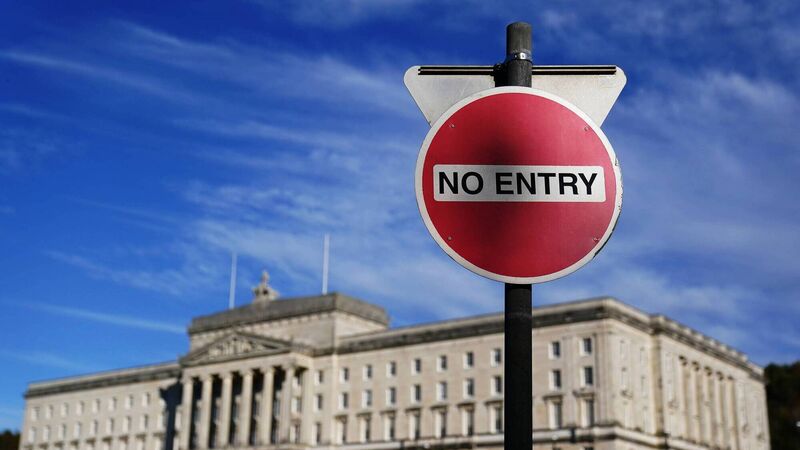25 years after the Good Friday Agreement is there much to celebrate?

The present political crisis marks the sixth collapse of Stormont’s institutions since their inception in 1998, marking almost 10 years with no devolved government in the North. Picture: Brian Lawless
The North's powersharing institutions are set to be placed in cold storage as Westminster moves to extend the deadline for a fresh election until January 2024. This year commemorates the 25th anniversary of the Good Friday Agreement, but as the North sinks further into another political vacuum, it is clear that the work here is not done.
The present political crisis marks the sixth collapse of Stormont’s institutions since their inception in 1998, marking almost 10 years with no devolved government in Northern Ireland; This is not a success story.
















